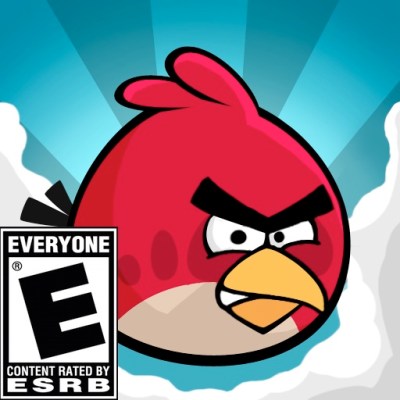Here’s something I’m sure no one expected to see today: the CTIA Wireless Trade Association has just issued a release stating that they have struck a partnership with the Entertainment Software Rating Board in order to start rating mobile applications. Yes, really.
The ESRB, if you’ve managed to avoid picking up a video game in the last decade or so, are the folks that decide how appropriate a game is for certain age groups. This isn’t their first foray into the mobile space (that would be their game ratings app), but this new rating system is certainly going to make a splash when it debuts in Washington D.C. on November 29.
The release doesn’t go into any further specifics aside from noting that a few senators will be in attendance, but this strikes me as a potentially good idea. Whether or not an app is appropriate for a given age group should be a problem that’s best left to each platform’s app review board, and a universal set of guidelines could only help. One only needs to look at the state of our current app stores to see what could be improved.
Take Apple, for example: a peek inside their App Store shows that games like Bullet Time HD are rated for children 12 and up, citing “infrequent/mild realistic violence,” “frequent/intense cartoon or fantasy violence,” and “frequent/intense horror/fear themes.” Sounds pretty thorough, and that description appears both in iTunes and on the device in question before purchase.
The Android Market, on the other hand, doesn’t seem quite so exhaustive: developers can rank an app’s maturity level as low, medium, or high, and simply leave it at that. The Market app usually doesn’t even show that information upfront; rather, one has to click “more” to see it, unless an app’s description is so short as to be useless. Windows Phone doesn’t seem to include maturity information at all, though they do have a “family” games section where young ones should presumably stay.
So if all that is true, then why is a mobile app rating system only a potentially good idea? It all comes down to execution. Would developers have to re-submit apps for evaluation? Or would those with the responsibility of approving apps have to go back and re-rate all of them after the fact? Can some apps remain unrated? Too many hoops (whatever they may be) could stymie developers, and that’s the last thing that needs to happen. As it stands, the release raises more questions than answers, and I suppose we’ll have to see the CTIA and ESRB have come up with next week.
